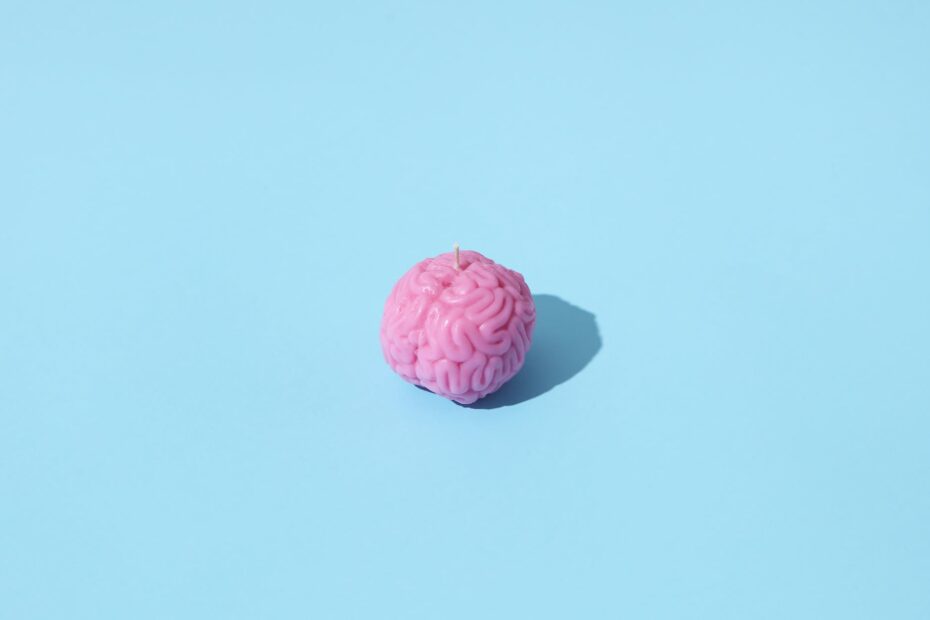Receiving a late-life diagnosis of Attention Deficit Hyperactivity Disorder (ADHD) was a profound revelation. Despite my successes in work and academics, I had always felt an internal dissonance, a sense that my process and “schedule” didn’t align with the standard model. This dissonance extended to my personal relationships, where my actions—or lack thereof—often conveyed an inaccurate representation of my feelings and intentions.
For years, I was haunted by a nagging mystery: why did some tasks feel so much more difficult for me than for others? Why did I struggle with focus, organization, and follow-through, when these seemed to come so naturally to others? This mystery was accompanied by a sense of shame, a belief that I was somehow lacking in discipline or motivation.
The ADHD diagnosis provided a new perspective. It illuminated the fact that my brain was wired differently, which was the root cause of my struggles. This understanding was transformative. It reframed my perceived failures not as personal shortcomings, but as manifestations of a neurological condition.
With this newfound understanding, I realized that I didn’t need to become a more traditional worker, thinker, or friend to be successful. Instead, I could improve where I could, but also accept and embrace my differences. I began to see my ADHD not as a deficit, but as a unique way of thinking that could be harnessed for success.
This acceptance was liberating. It allowed me to let go of the shame that had long been associated with my struggles. I understood that my difficulties were not a reflection of my worth or capabilities, but simply a result of how my brain was wired. This realization was a significant step towards self-compassion and acceptance.
One of the most enlightening aspects of this journey was making sense of my dopamine-chasing activities. Dopamine, a neurotransmitter associated with pleasure and reward, plays a significant role in ADHD. Understanding this helped me comprehend why I was drawn to certain activities and behaviours. It wasn’t a lack of discipline or a desire for constant stimulation; it was my brain’s way of seeking the dopamine it was lacking.
This understanding also shed light on the concept of intrinsic motivation, which is the drive to do something because it is interesting, enjoyable, or satisfying in itself, rather than for an external reward. In individuals with ADHD, intrinsic motivation can be impacted due to the brain’s altered dopamine regulation. Activities that provide an immediate dopamine boost can be more appealing, leading to a pattern of “dopamine-chasing” behaviours. Recognizing this pattern was a crucial step in learning how to manage it and find balance.
Nowadays, there is a lot of open conversation regarding neurodiversity, and it’s heartening to see others beginning to work through things. However, talking about it can sometimes come across as excuse-making to those who don’t share the same experiences. I see this dialogue frequently. If you find yourself growing tired of hearing someone state that their ADD or ADHD underlies something, or that they continually discuss it, I urge you to bear with them. They are likely in a state of working through things, not just in the present, but also reviewing their past. They are looking for someone to share in these realizations with them.
I want to double down on this point, this is not about making excuses or asking for a lighter load to carry. It’s about acknowledging that the traditional models of education, work, and relationships may not work for everyone. It’s about recognizing that individuals like myself may need to modify the “right” way of doing things. It’s not about reducing the effort or time we put in, or shirking our responsibilities. It’s about finding and embracing our unique path to success.
My late-life ADHD diagnosis was a turning point. It changed my life by helping me understand and embrace my true self. It led me to neuro coaching, and to a mission of helping others unlock their potential and transform their lives.
In conclusion, our struggles do not define us. It’s our understanding and response to them that shape our lives. My ADHD is a part of my story, but it is not the entirety of it. It’s a chapter that has led to growth, resilience, and a newfound purpose. And for that, I am profoundly grateful.
